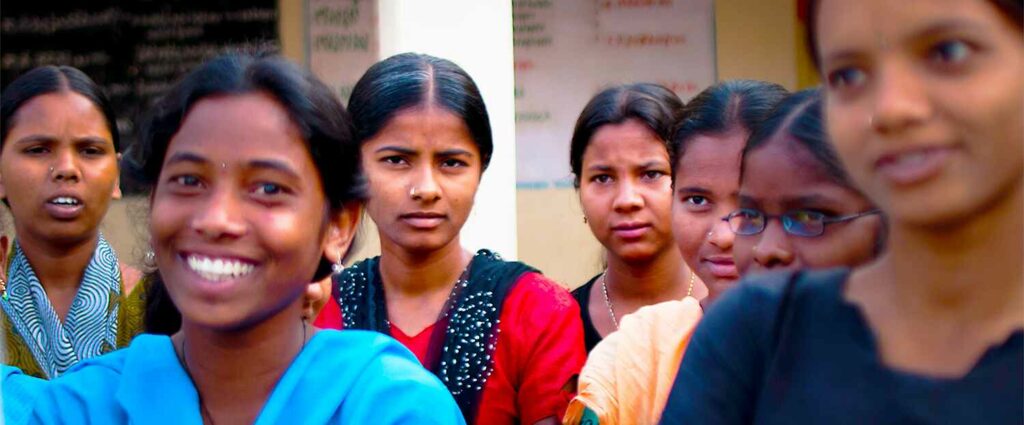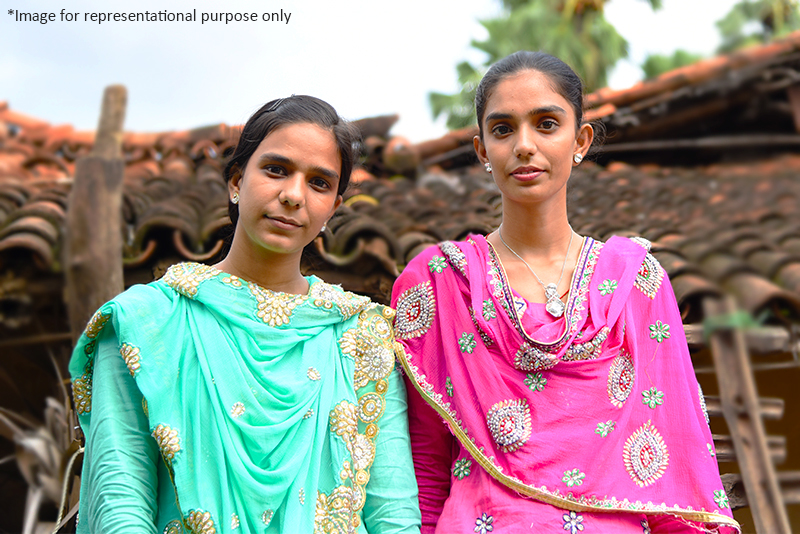
Importance of Menstrual Hygiene Education For Girls in India
Menstruation can be confusing and even a bit scary. Girls might feel embarrassed or uncomfortable talking about it. But it’s nothing to be ashamed ....
Read MoreMenstrual Hygiene Day is celebrated on 28th May every year to spread awareness around periods and create a comfortable environment for women and girls. Periods are a normal bodily function, yet we cannot talk about it openly. There are so many myths and taboos around it in our society that harm young girls' and women's health, happiness, and quality of life.
When girls start getting their periods, many skip their classes and eventually drop out of school due to little or no menstrual awareness. As per a BMJ journal study, 1 in 4 girls in India miss school during their periods due to lack of water/hygiene facilities in school toilets, fear of staining, and social norms, eventually leading to increased dropouts. Once they drop out of school, girls are often pushed into marriage at an early age leading to a permanent loss of potential.
In addition, girls who are embarrassed by their periods could be less likely to get the help they need from a doctor. Serious health complications like infections and problems with reproduction might result from this. Therefore, girls should know about the importance of hygiene during menstruation

4 Ways To End The Shame and Help Girls To Live Freely
1. Education
Menstrual education is a crucial first step in eliminating the stigma associated with menstruation. This includes teaching both boys and girls about menstruation—what it is, how it occurs etc.
2. Open Conversation
Promoting open communication about menstruation can help in removing any obstacles that may still exist. This involves discussing periods in public forums as well as freely discussing them with friends and family.
3. Access to Products
The stigma associated with periods must be addressed by ensuring that women and girls have access to sanitary menstruation products. The inability to access menstruation supplies can cause humiliation and shame, which can feed the stigmatization loop.
4. Supportive Policies
Governments and organizations can significantly contribute to eradicating the stigma associated with menstruation. This entails putting in place laws that make sanitary goods accessible and promoting a culture that encourages women and girls to talk openly about their periods.
To address the stigma around menstruation, last year, CRY launched the campaign #LetsTalkAboutPeriods . Through this campaign, we ensured that schools have the necessary facilities, water, and other resources to give girls a secure atmosphere during their periods. Our team worked with schools to create period-friendly policies and programs informing people about menstrual hygiene. With different awareness activities, we reached over 10 crore people and continue to encourage more to join the movement.
This Menstrual Hygiene Day, let’s talk about periods and end the shame around them. Your support will help women and girls reach their maximum potential and make a positive difference.